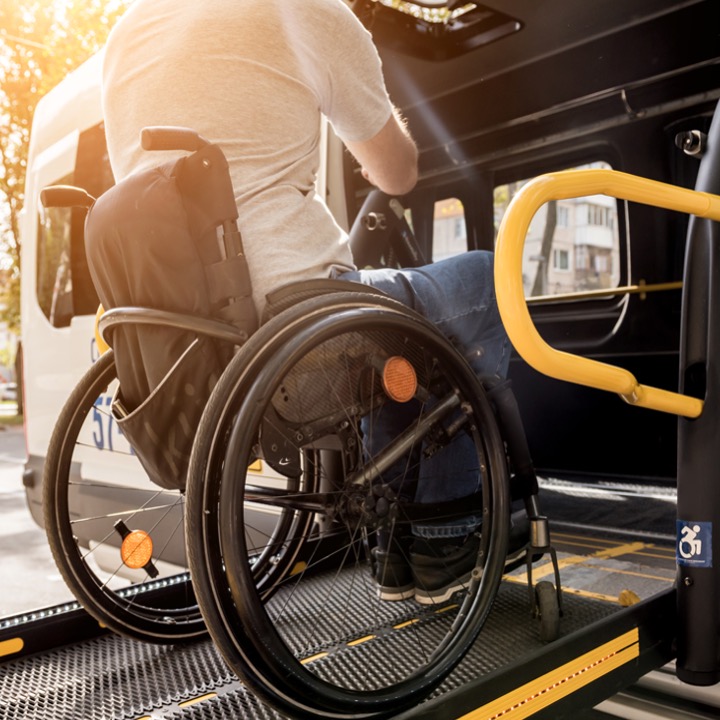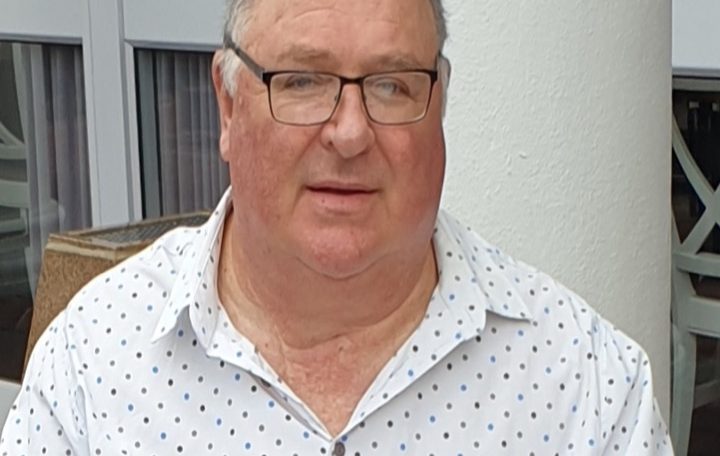The City of Cape Town says the recent Dial-a-Ride court case should prompt national government to act on promised improvements to disability access. The Western Cape Network on Disability brought the matter to the Western Cape High Court, citing inadequate accessibility in the service.
By Top Auto
In a December 2024 public letter, President Cyril Ramaphosa acknowledged that people with disabilities are excluded from public transport, noting that minibuses in particular have limited capacity for wheelchairs and other mobility aids.
The Department of Transport committed at an April 2024 summit to universal accessibility and added measures into a 2024–2030 framework, but the article reports little progress to date, with funding and concrete projects still lacking.
Cape Town’s plan to reduce its Dial-a-Ride service drew strong opposition from civil rights groups. The service, launched in 2002 as a door-to-door option for people with mobility impairments, has expanded beyond initial expectations but receives no national funding, relies on municipal rates, runs a monthly deficit of nearly R1 million, and has barred new applicants since 2018.
The City says it welcomes the case for shining a light on systemic problems and has committed to upgrading public transport to accommodate people with disabilities.






